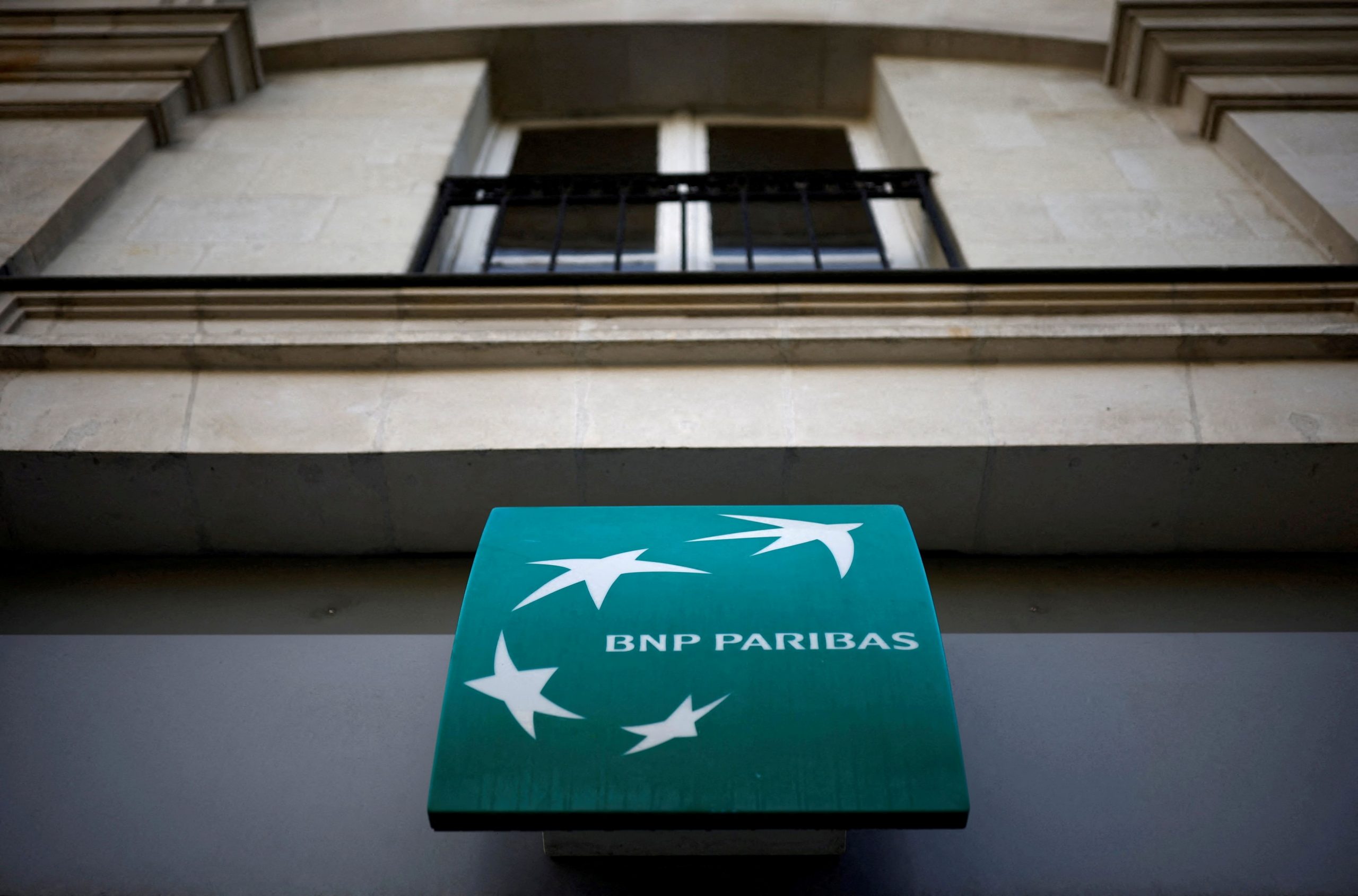France-based BNP Paribas on Tuesday announced a compromise with a consumers’ group after a court in the country found it guilty of misleading practices regarding Swiss-franc denominated mortgages, a ruling that will be closely scrutinized by Greek borrowers who also borrowed under the same, ultimately ruinous scheme.
The French verdict comes after two rulings last June handed down by the Court of Justice of the European Union CJEU in cases concerning loans in Swiss francs, an issue that affects thousands of Greek mortgage holders and has been the subject of extensive litigation in the country.
The CJEU stated, among others, that European Union law does not prevent consumers from demanding compensation from a bank in the event that a mortgage contract containing unfair terms is found invalid, in addition to the reimbursement of the previous paid monthly installments.
Fast forward several months later, a source told Reuters that the French ruling may cost BNP Paribas as much as 600 million euros.
Both the bank and the French consumer organization CLCV confirmed the decision, which affects some 4,400 borrowers who had taken out the low-interest but Swiss franc-pegged mortgages.
As with the similar scheme in Greece, the specific mortgages were approved before the global economic downturn in 2008-2009 – evolving into a punishing fiscal and economic meltdown in Greece for close to a decade. They were denominated in Swiss francs but payments were made in euros at current market exchange rates.
What borrowers – and the lending banks – hadn’t bargained for was the significant appreciation that the Swiss franc would see against other currency when investors sought refuge in the former as a hedge against financial market instability.
Monthly payments for such mortgage holders ballooned due to the Swiss franc balance rising against the euro.
“We confirm that, at Personal Finance’s suggestion, an agreement has been reached with the CLCV association to offer an amicable solution to customers who so wish,” BNP Paribas announced in an emailed statement.
According to media reports, the mortgages, mostly ranging between 120,000 to 150,000 euros, can be modified and bank interest cancelled on the loans.
The CJEU ruling stated that “…the possible recognition of the mortgage contract as invalid is the result of the use of unfair terms by the Bank. Therefore, it cannot be allowed either to derive economic benefits from its unlawful behavior or to receive compensation for the inconvenience caused by it.
The European ruling came after a district court in Warsaw, Poland, had turned to CJEU with a request for a preliminary ruling and asked whether, in the event of invalidity of the loan agreement, banks and consumers may also demand other benefits.
Poland, along with many other European countries, including Greece, witnessed many borrowers up until 2009 taking out a mortgage linked with the Swiss franc, at a time when interest rates were low and the euro/franc parity favored the former.



